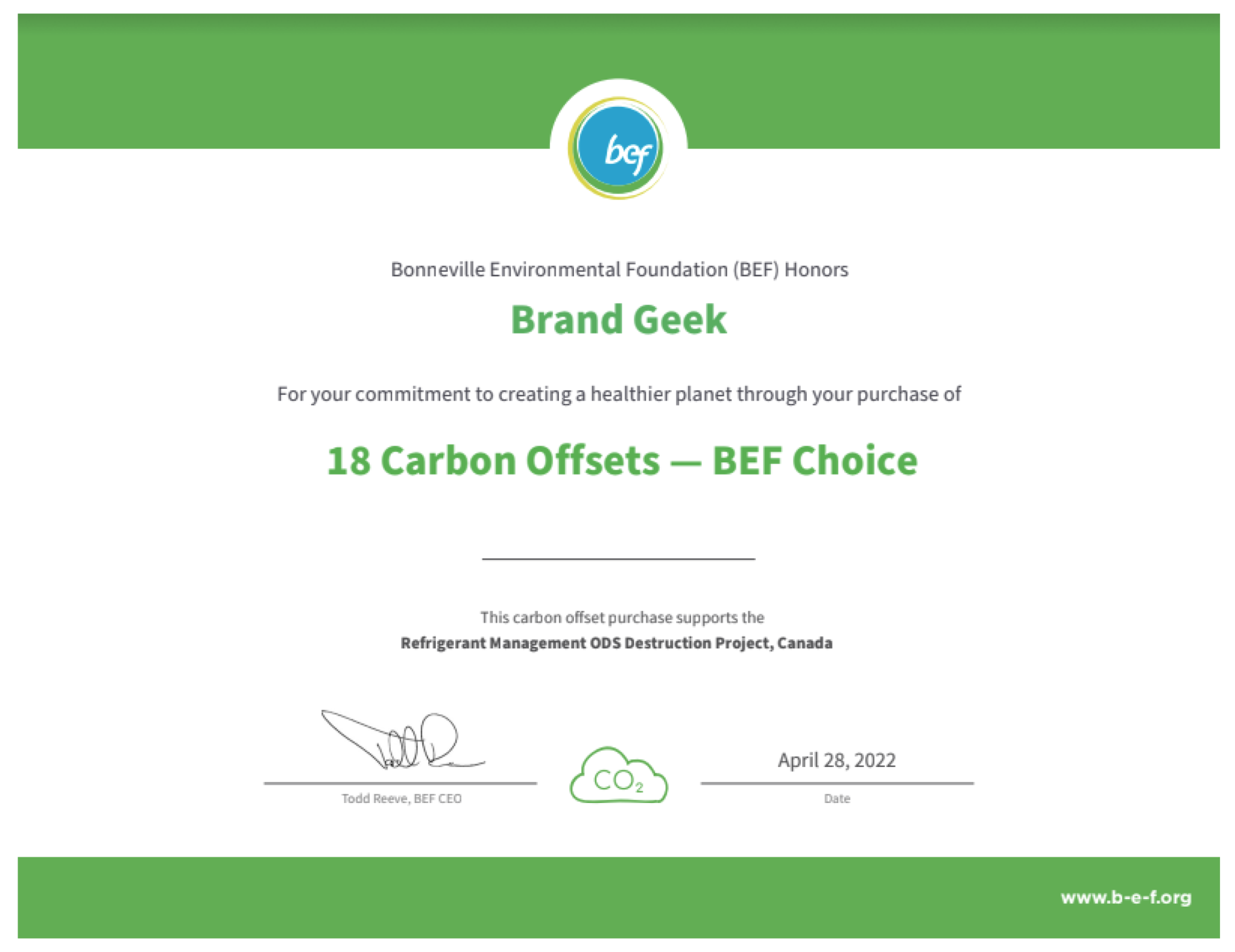Brandgeek proudly supports Mountain Area Preservation and is humbled to be…
Bands are Brands
This past holiday weekend, I went to North Tahoe’s best music venue, the Crystal Bay Club — or, as we like to call it, CBC — to watch Bay Area rock mavens Tea Leaf Green perform.
The band rocked!! (Thanks, guys!)! This, of course, got me thinking about bands as brands.
It helps to think about a band from a classic consumer perspective. Bands produce (and fans consume) live performances, recorded music, and often videos and promotional items like t-shirts and decals. Some artists have taken brand expansion to a whole new level, like Jimmy Buffett, whose brands include restaurant services and prepared cocktails, and Green Day who expanded their brand from punk/rock & roll music to Broadway musicals. I even wrote about Ozzy Ozzbrand in a previous post. Fans aren’t the only consumers bands need to think about; concert promoters also play a vital role in the distribution of music to the fans/consumers. The thing to remember is that fans and promoters alike rely on bands’ brands (band name, nicknames, logos, etc.) when making their purchasing decisions.
So, why is it important to protect a band’s (or any other businesses) brands?
[box type=”info”]Trademark protection (through Federal Registration) can be used to determine ownership:
Amongst band members — if a band member leaves, or the band disbands, and
In relation to third parties — authorized use is called licensing; unauthorized use is called infringement.
[/framed_box]Sublime & Black Sabbath are two bands that resolved internal trademark suits in recent years. Taylor Swift had a well publicized October victory over several infringers selling counterfeit TAYLOR SWIFT merchandise. Nationwide, I surmise, bands find themselves in trademark disputes every day. Since it takes an average of 12 months to obtain federal trademark registration in the US, and given the benefits thereof, bands — like all businesses — are wise to seek trademark protection for their brands well before they think they “need it.”
BrandGeek Takeaway: What do members of a rock & roll band, the manager of a local food co-op, & the receptionist at a dentist’s office all have in common? Their livelihood depends on the success of their companies’ brands (just like every other business (& non-profit)). Brand protection strategies should be built into the organization’s business or marketing plan and should take into account current marketplace realities and projected growth, as well as potential problems.





This Post Has 0 Comments